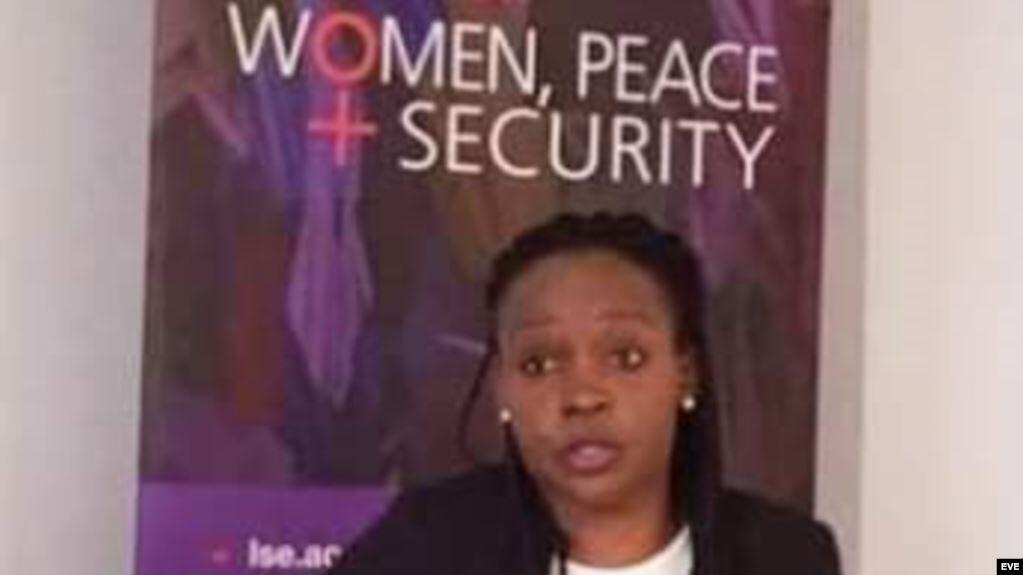
South Sudanese peace activist Rita Martin Lopidia Abraham received the 2020 Women Building Peace Award this week. The award comes from the United States Institute of Peace, a group set up by Congress. The Institute works in support of conflict resolution and prevention worldwide.
Abraham heads a not-for-profit group called EVE. The organization was formed in 1996. It works to empower women in South Sudan.
Abraham says her struggle for peace in her country has been difficult. She told VOA she has faced countless threats, even some from men taking part in negotiations.
“Sometimes when you talk to the parties and you speak truth to power, people seem to misunderstand you,” she said. “This is very sad, because at the end of the day, the purpose is for peace. But with the warring parties (in South Sudan), it’s not always the case.’’
The activist will receive $10,000 and be recognized by the Institute during a celebration next year.
Abraham said she will use part of the money to educate more women in South Sudan about their rights.
“I am so passionate about young women,” she said. She hopes to invest some of the prize money in a young women’s leadership project that EVE operates.
Abraham noted that she has always had a desire to support orphans. “Part of the award will go towards helping orphans and street children in the South Sudan capital, Juba,” she said.
Abraham has served as a delegate at the South Sudan peace talks in Addis Ababa and Khartoum. In 2018, she signed a peace agreement in the Ethiopian capital on behalf of the South Sudan Women Coalition for Peace. The coalition includes 50 women’s organizations in South Sudan and other countries.
Abraham said the leaders of South Sudan have been slow to enact important parts of the peace agreement.
“I am as disappointed as other Sudanese,” she said, adding that the agreement has been “reduced to power-sharing.” People are only paying attention to what positions they can get.
Abraham said the opposing sides are not talking about the second part of the agreement. It requires standards for security enforcement in Juba and other areas.
She noted that issues in the first part of the agreement have yet to be resolved.
“We still have challenges in the formations of the legislature, state governments,” she said. And there are still people who have not been replaced in the states. “This is a big challenge,” Abraham said.
I’m Alice Bryant.
VOA
John Tanza wrote this story for VOA News. Alice Bryant adapted it for Learning English. George Grow was the editor

